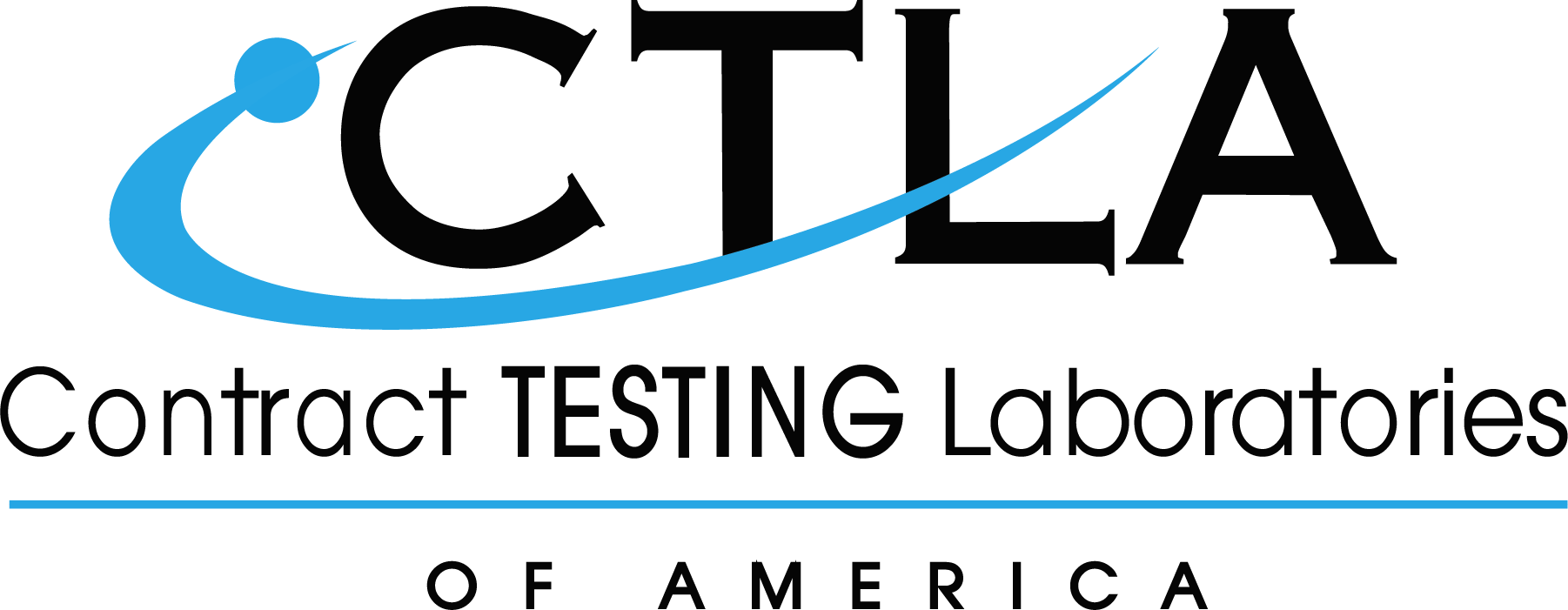Articles
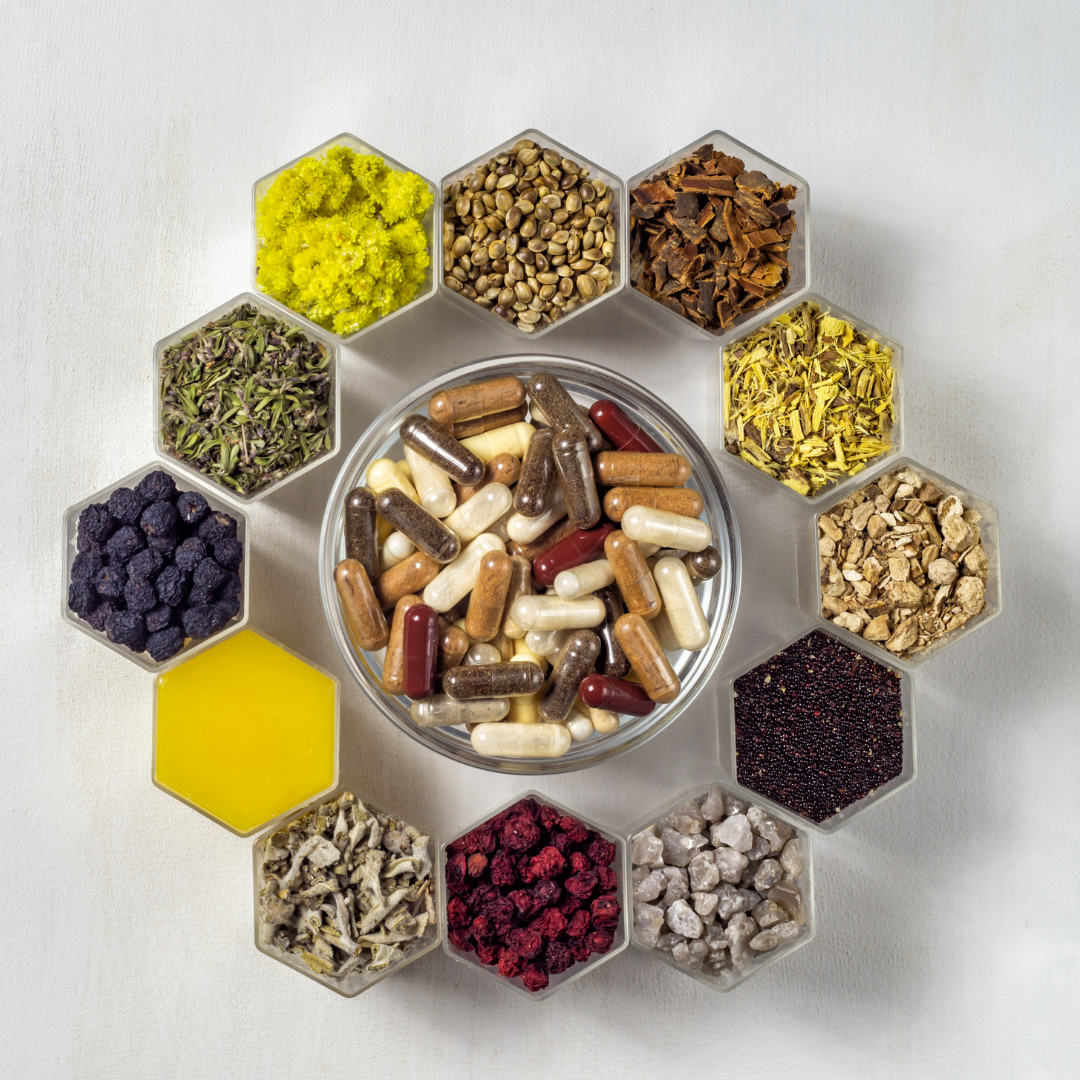
Botanical Identity and Purity Testing
As part of current good manufacturing practices (GMP), the U.S. Food and Drug Administration (FDA) requires a dietary supplement to consistently meet established specifications for identity, purity...
Read more
Heavy Metals Testing Requirements
Heavy metal analytical testing is a must to meet regulations and inform consumers. Inductively Coupled Plasma with Mass Spectrometry (ICP-MS) testing quantifies heavy metal content in ranges as low...
Read more
Brand owners and contract manufacturers go to great lengths to produce a finished product that meets consumer needs. That same product can then remain on a shelf for a long time. Determining if th...
Read more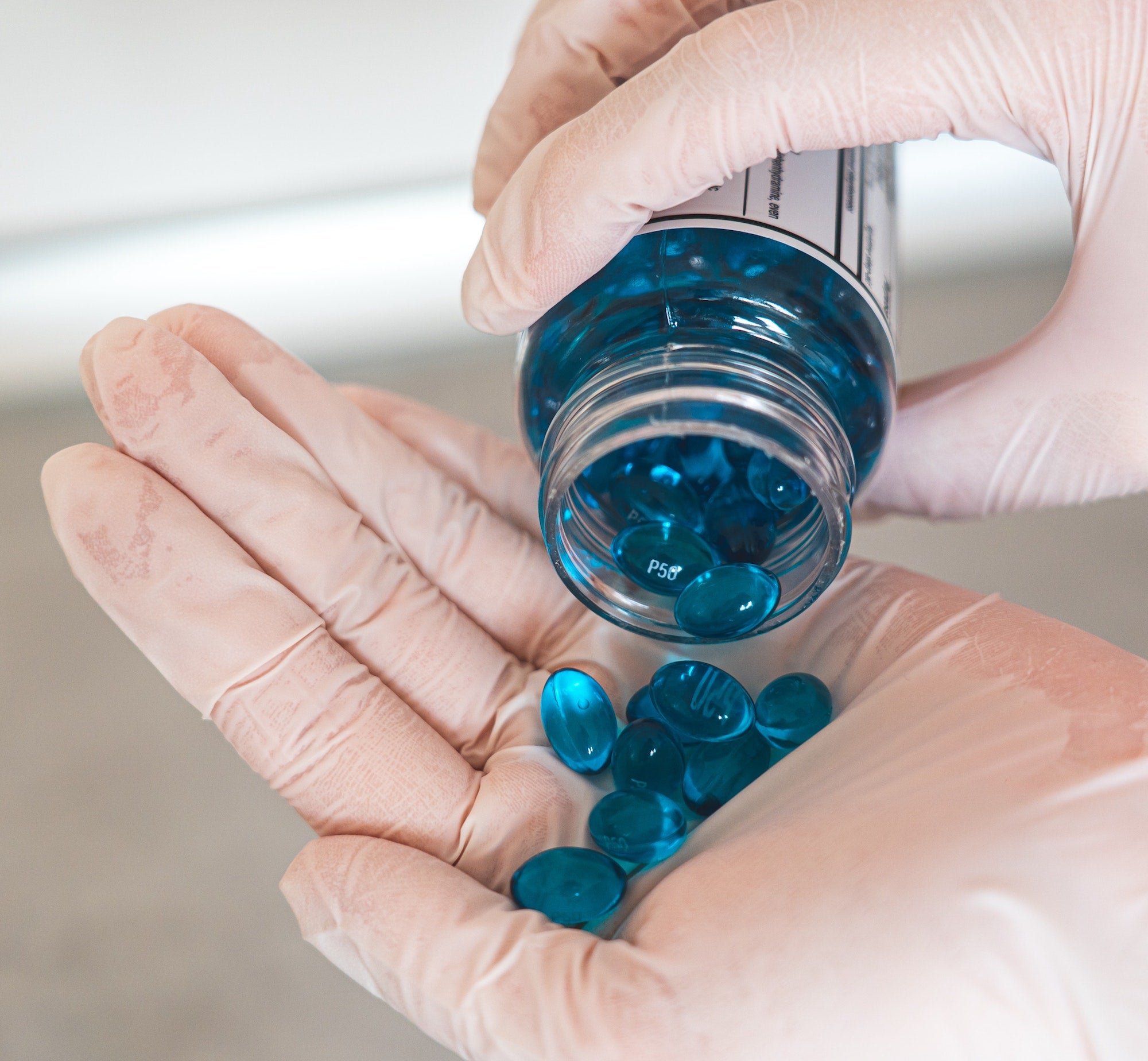
The Benefits of ICP-MS for Dietary Supplements and Food
There is nothing more expensive for a company than a recall. Public safety issues cause recalls. When recalls happen, the brand owner eats every cost associated with producing and distributing thei...
Read more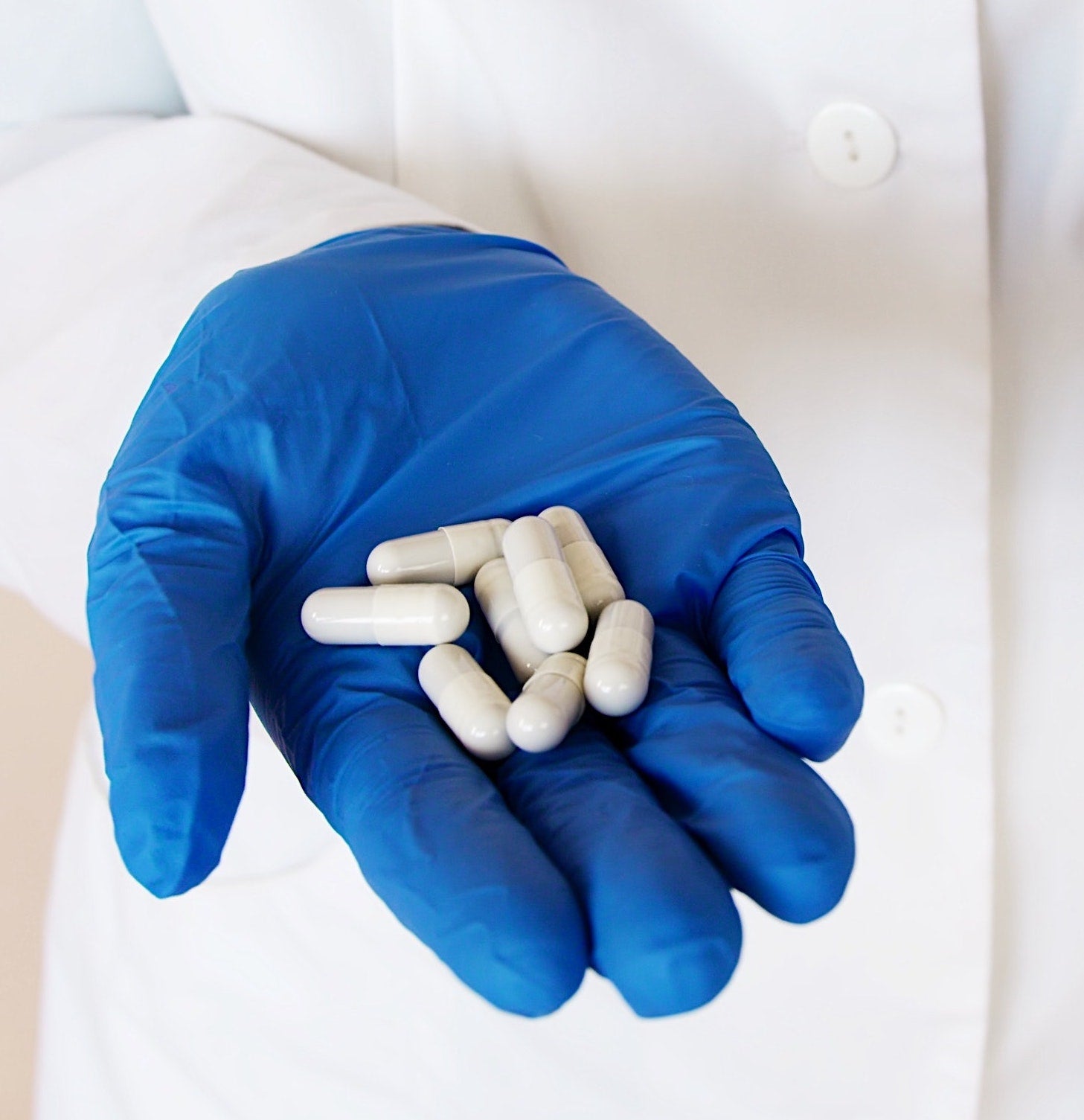
Identity and Concentration Testing with HPLC
High-performance liquid chromatography (HPLC), formerly referred to as high-pressure liquid chromatography, is a technique in analytical chemistry used to separate, identify, and quantify each comp...
Read more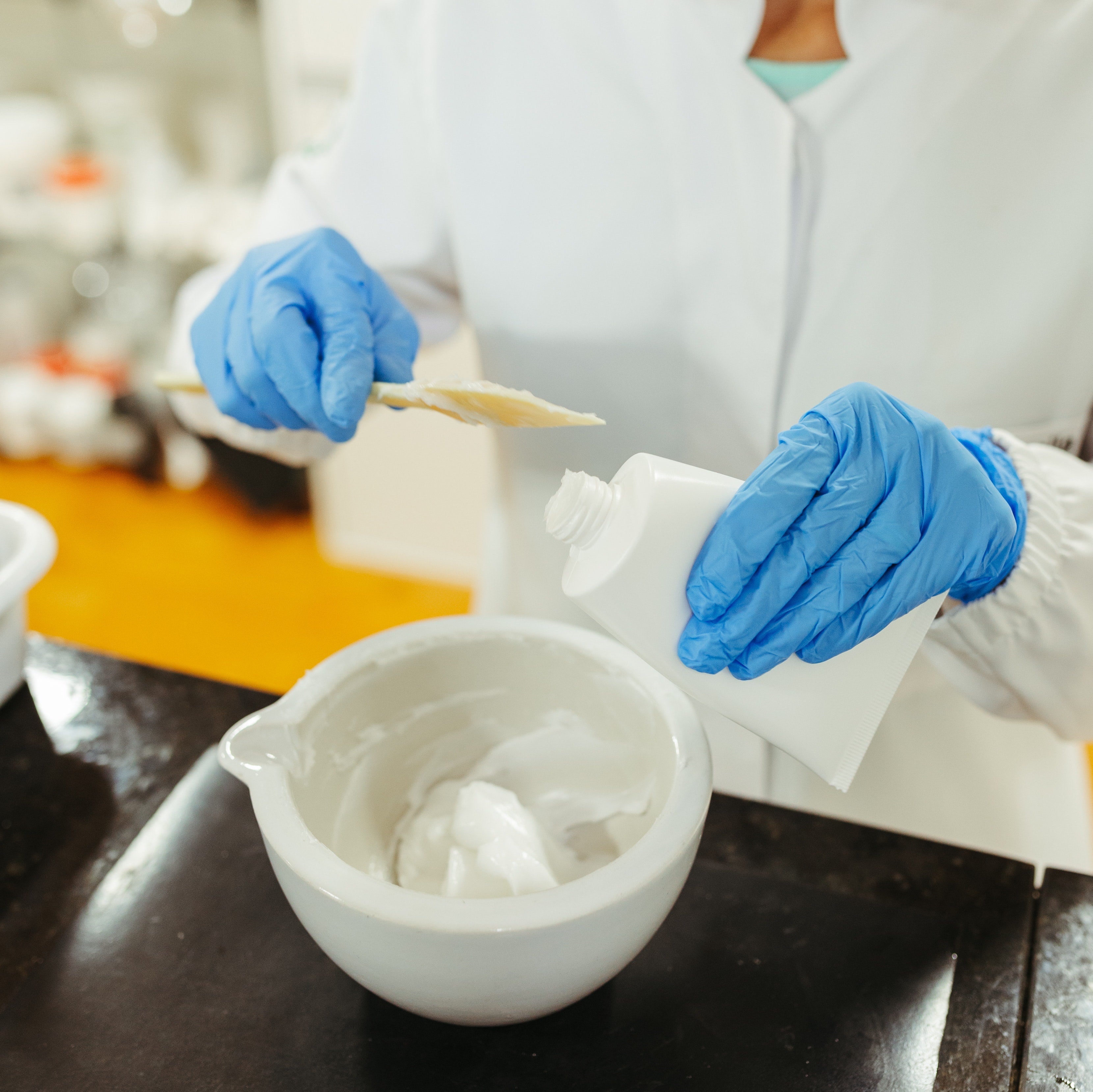
Before marketing, viscosity testing ensures final product texture and thickness to meet consumer expectations and satisfaction.
Read more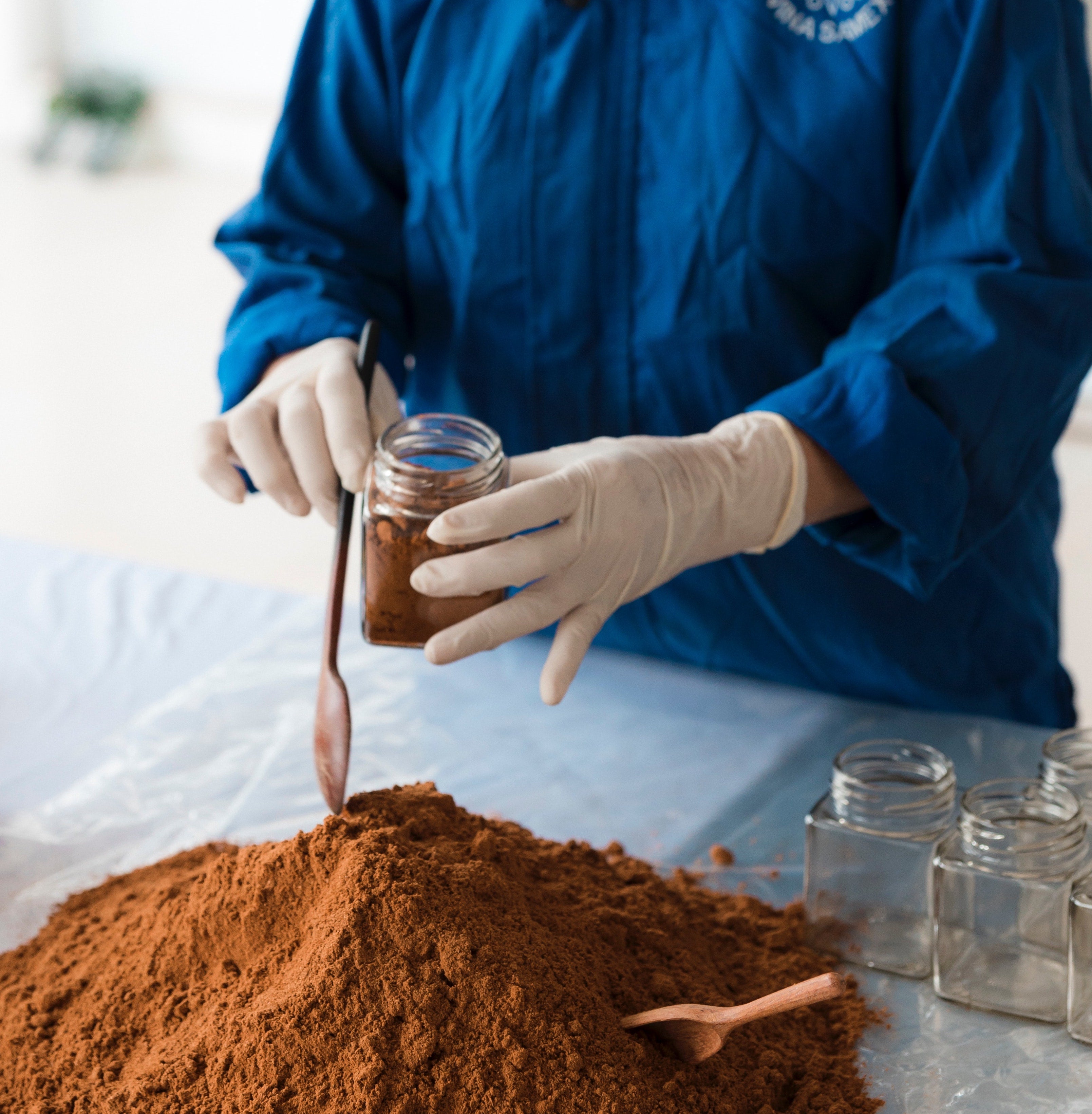
Adenosine triphosphate (ATP) is a molecule found in the cells of all living things. Various ATP rapid tests are popular to use in-house to receive quick allergen contamination results. However, th...
Read more
Levels of organic mercury build in the aquatic food chain and can be consumed by eating fish or shellfish. Inorganic mercury is in the soil, air, and water and can contaminate crops. Consuming inor...
Read more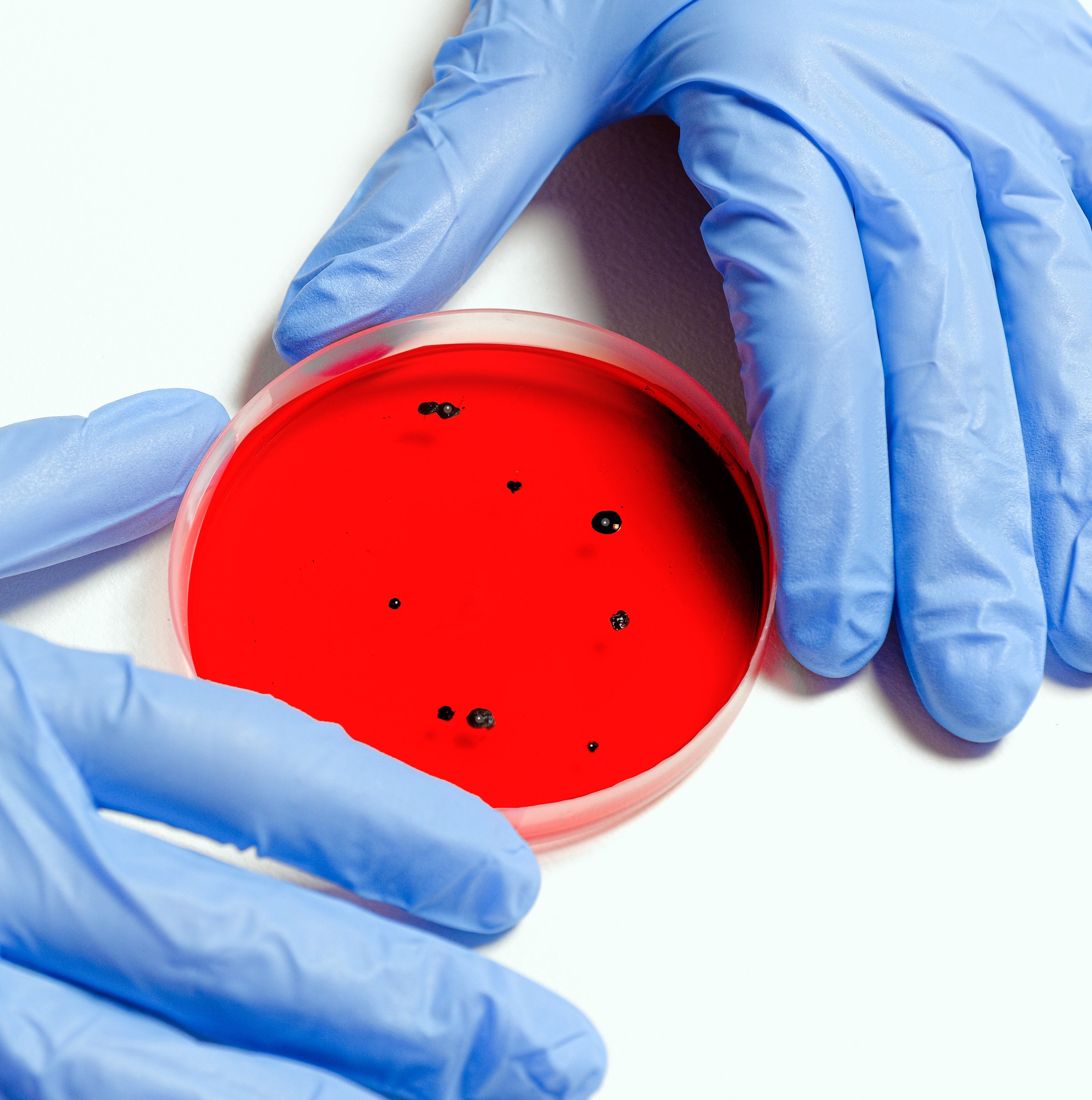
When you think of a microbiology laboratory, you might think exclusively of human blood or tissue samples and tests looking for invading pathogens like those responsible for the coronavirus. Howeve...
Read more